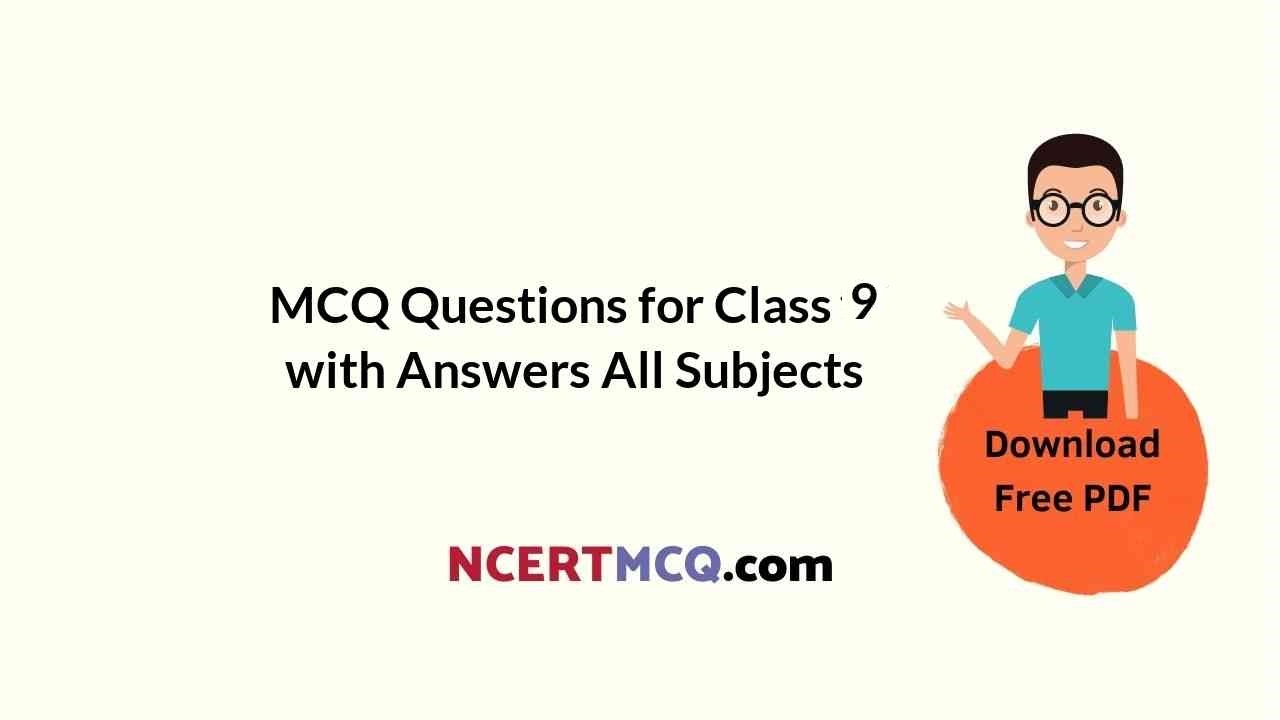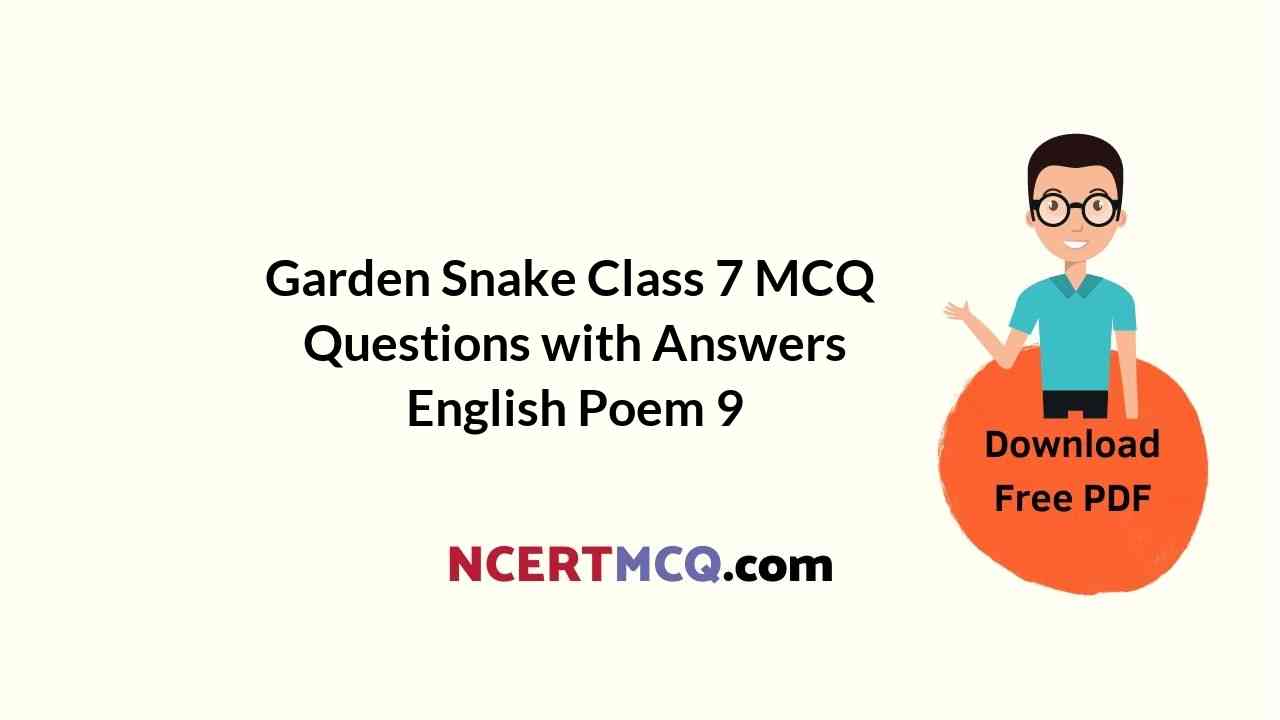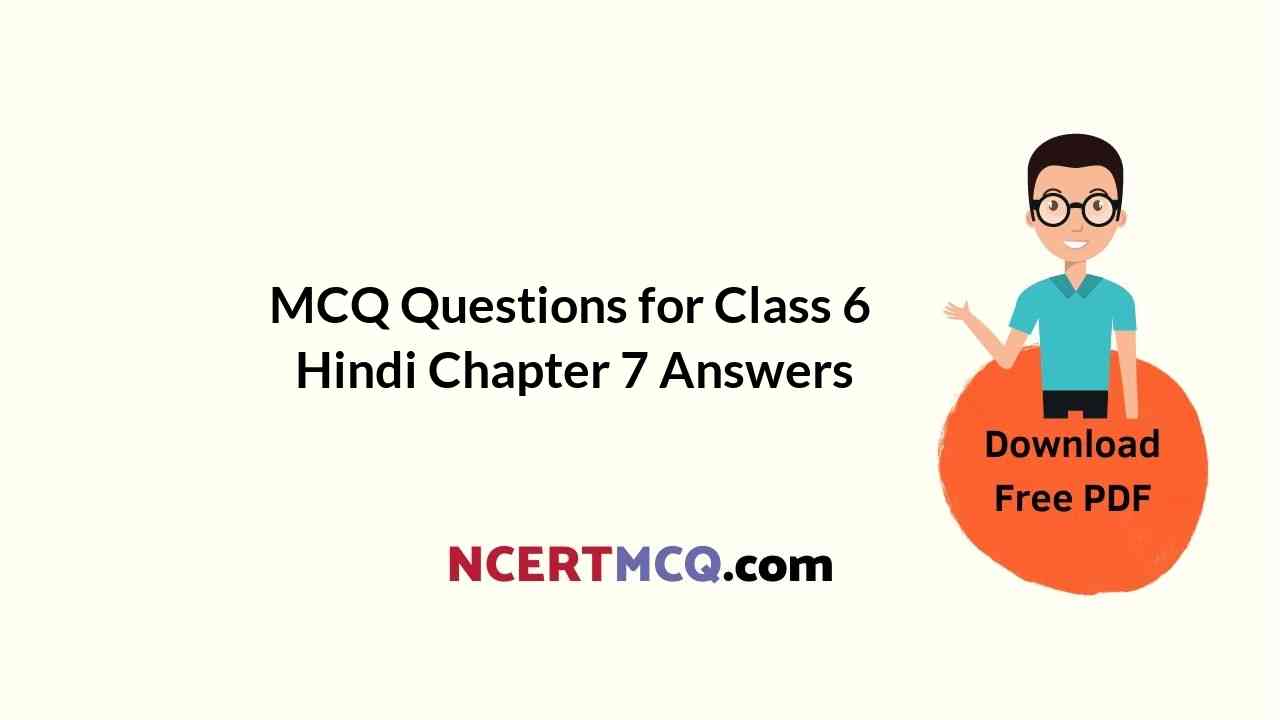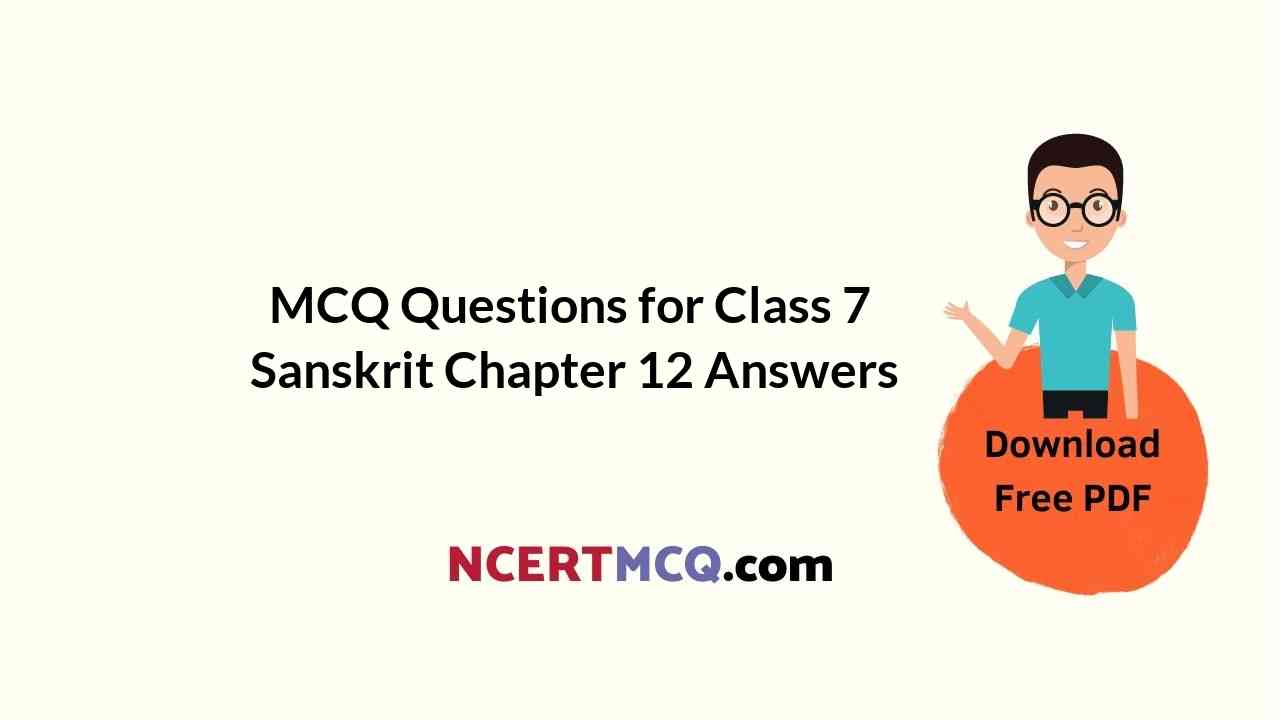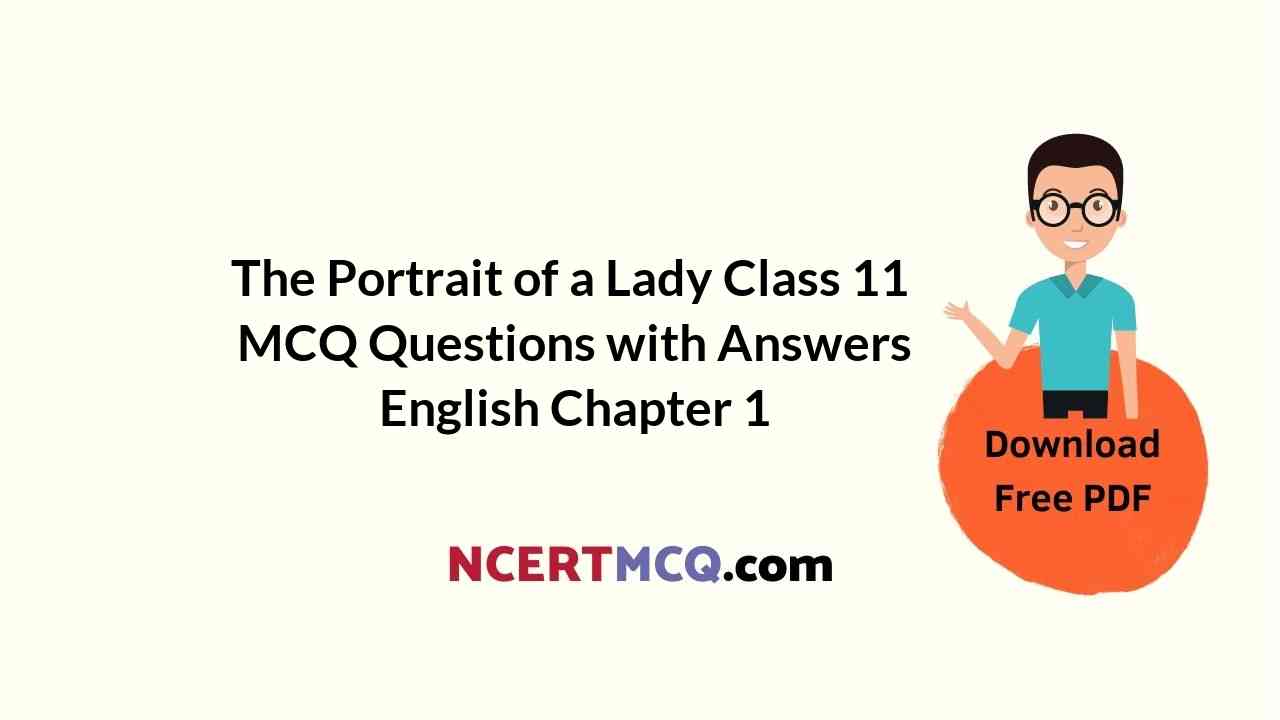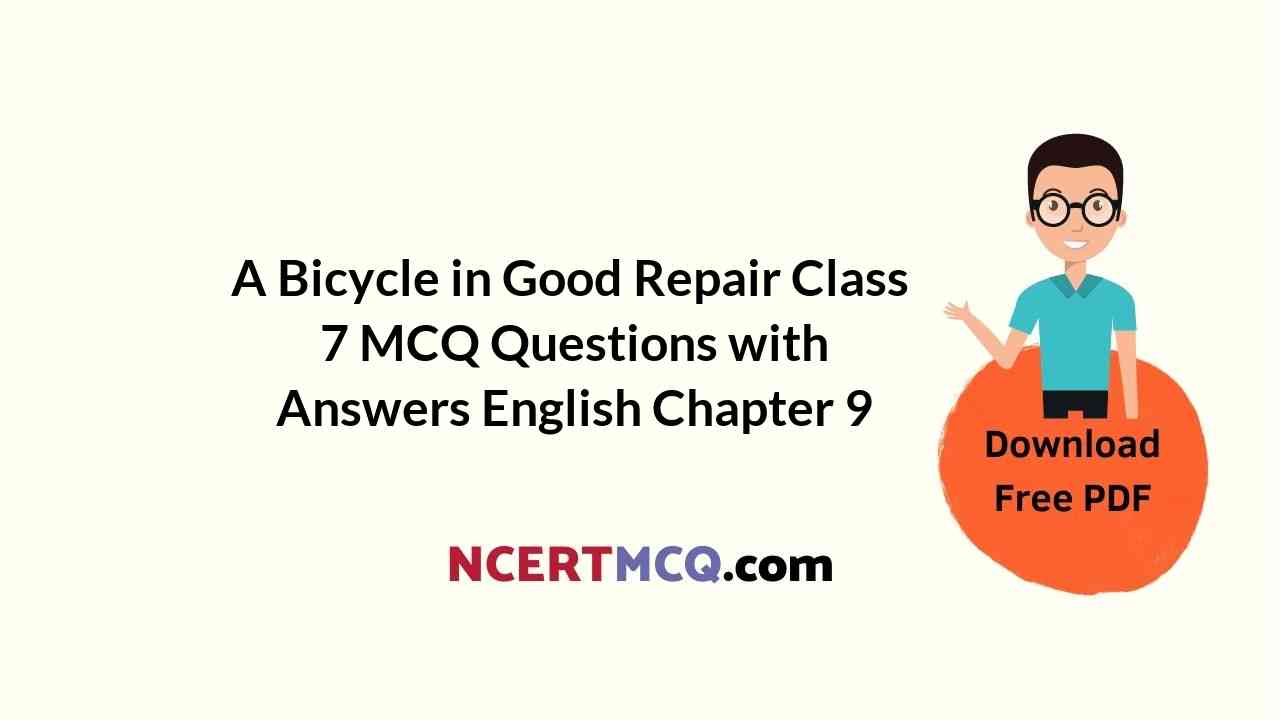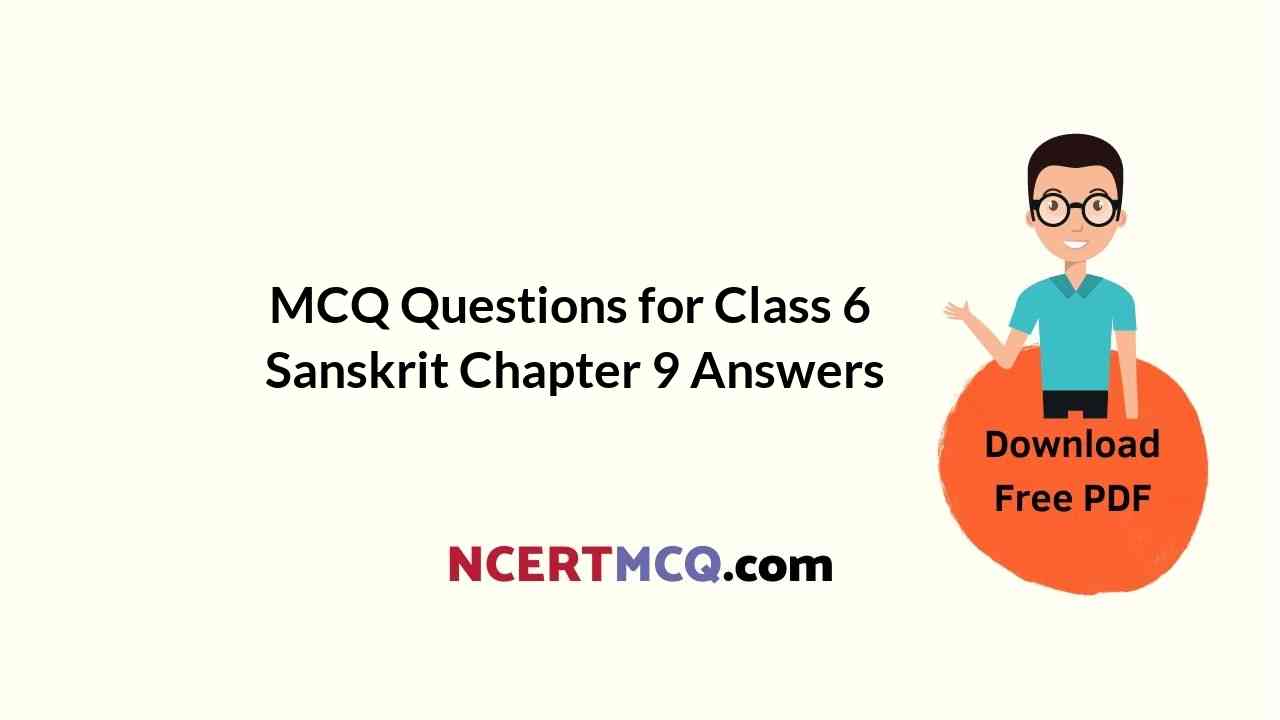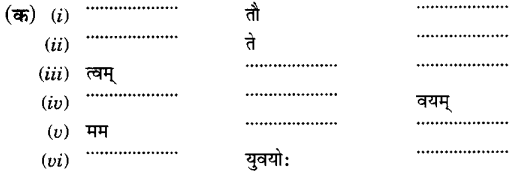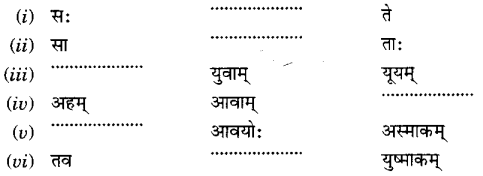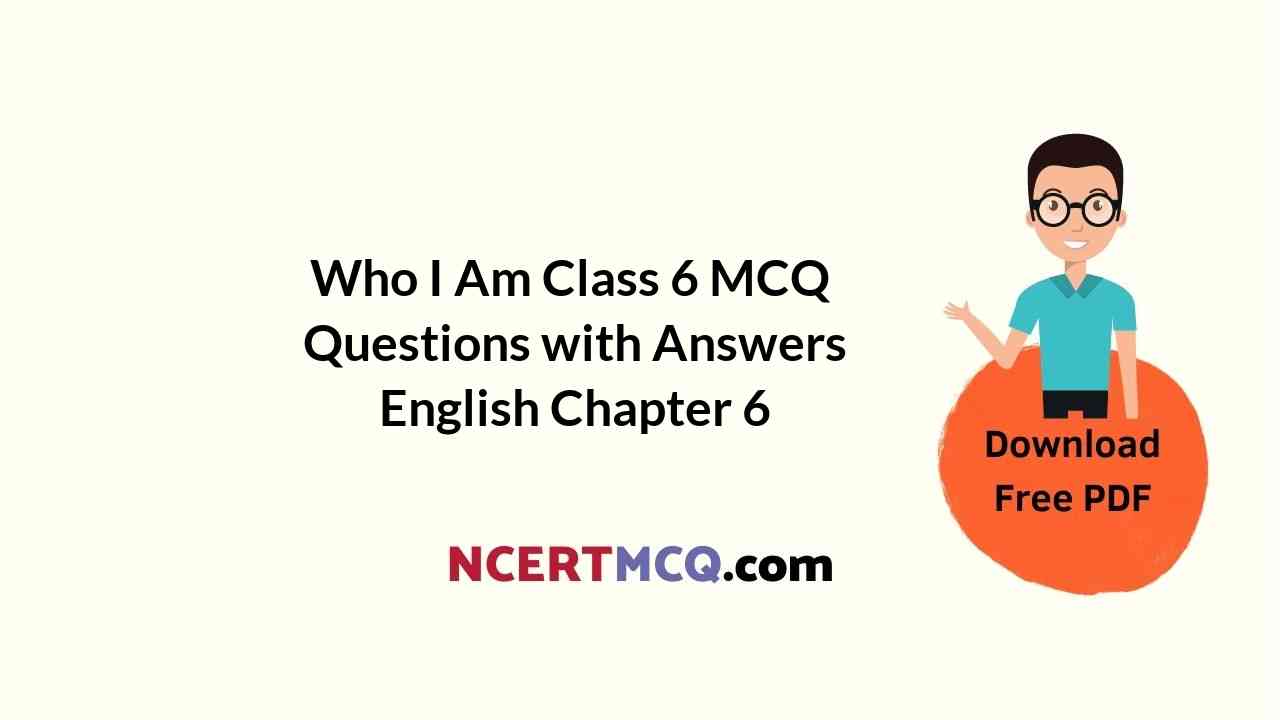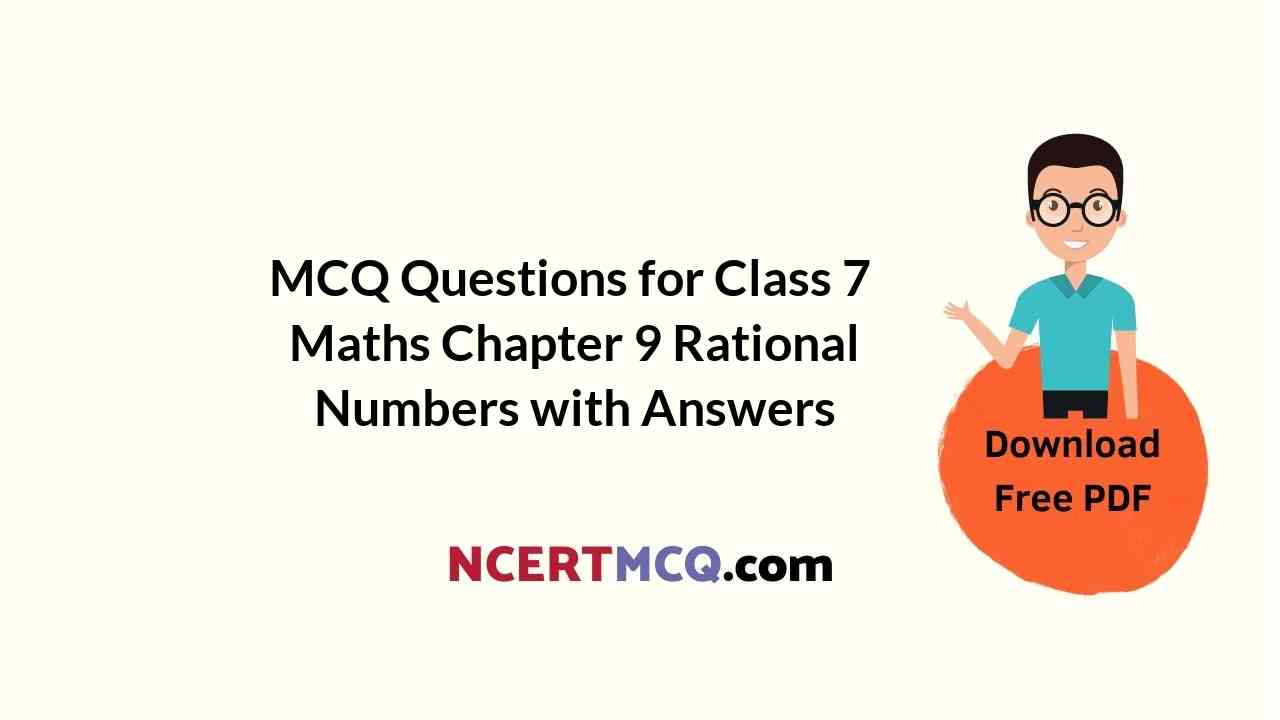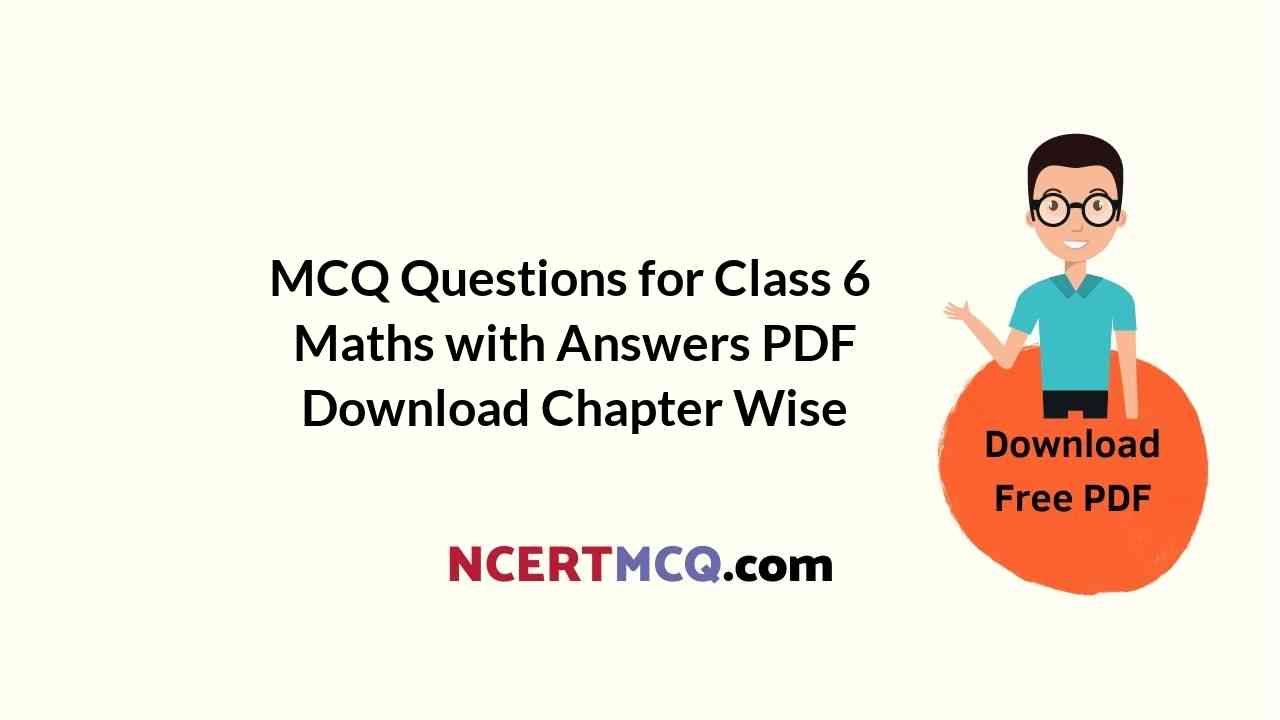Get Chapter Wise Online Education MCQ Questions for Class 9 with Answers PDF Free Download of all subjects are prepared here according to the latest CBSE syllabus and NCERT curriculum. Students can practice CBSE Class 9 MCQs Multiple Choice Questions with Answers to score good marks in the examination.
Online Education for Class 9 MCQs Multiple Choice Questions with Answers
Practicing these CBSE NCERT Objective MCQ Questions of Class 9 with Answers Pdf will guide students to do a quick revision for all the concepts present in each chapter and prepare for final exams.
Class 9 MCQ Questions with Answers
- MCQ Questions for Class 9 Maths
- MCQ Questions for Class 9 Science
- MCQ Questions for Class 9 Social Science
- MCQ Questions for Class 9 English
- MCQ Questions for Class 9 Hindi
- MCQ Questions for Class 9 Hindi Kshitij
- MCQ Questions for Class 9 Hindi Kritika
- MCQ Questions for Class 9 Hindi Sparsh
- MCQ Questions for Class 9 Hindi Sanchayan
We hope the given NCERT MCQ Questions for Class 9 with Answers PDF Free Download will help you. If you have any queries regarding CBSE Class 9 MCQs Multiple Choice Questions with Answers, drop a comment below and we will get back to you soon.
